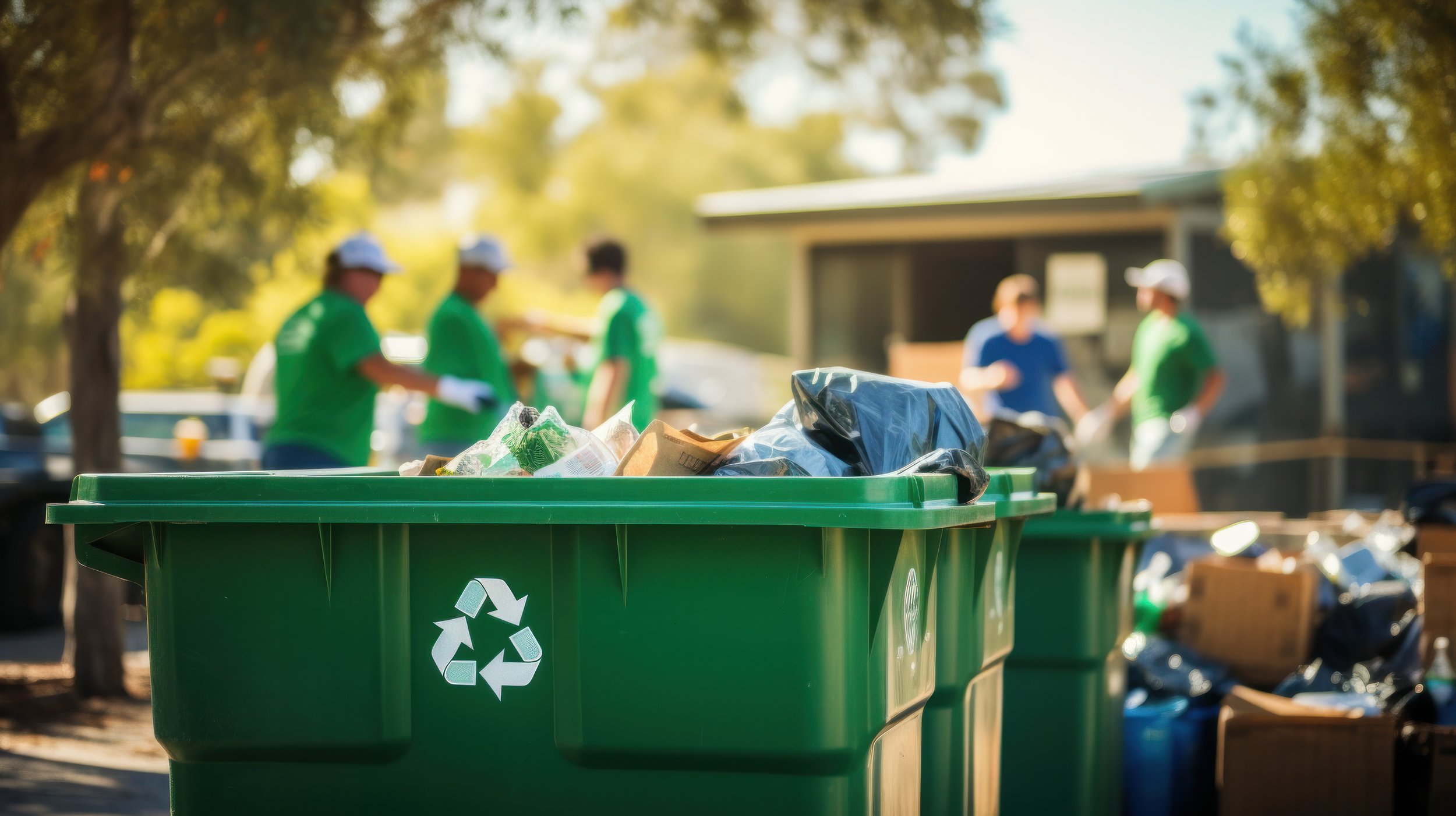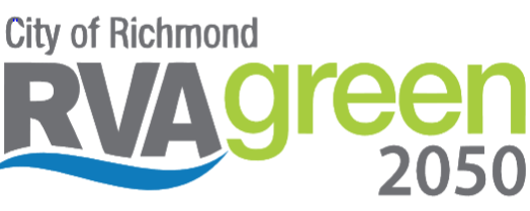
Waste Reduction and Recovery
Fostering sustainable methods of waste reduction - wasting less, reusing more.
Greenhouse gas (GHG) emissions generated from the waste sector within the City of Richmond made up 3% of Richmond’s 2018 carbon footprint. Successful implementation of all the strategies and actions in the Waste Reduction and Recovery Pathway is projected to achieve net zero emissions in the waste sector by 2030, move Richmond well on its way to achieving the 2030 and 2050 GHG emissions reduction goals, realizing an adaptive waste management infrastructure, ensuring a healthy natural environment, and enhancing climate resilience for all Richmonders.
While the GHG emissions generated from solid waste only accounted for 3% of Richmond’s 2018 carbon footprint, the co-benefits of a zero waste Richmond are far-reaching.
All of the efforts in this Pathway encourage individual and collective participation in a growing and circular economy that will also improve the health of our natural environment. Every effort toward waste reduction on a local level can make significant positive upstream effects on reducing emissions from processes outside Richmond’s geographic boundaries. By implementing the strategies that reduce GHG emissions associated with waste we will create 1000s of jobs over the product life cycles through recycling and composting.
Reducing the amount of waste that Richmonders generate in our households, businesses, industries, and institutions is a responsibility that the entire community shares.
Aiming for ‘zero waste’ can only be achieved through a variety of commercial and industrial solutions including smarter materials production and material reuse in addition to changing personal practices such as extending the useful life of the materials we use, encouraging alternatives to single-waste plastics, and composting organic waste.
Improving recycling, composting, and source reduction efforts will lead to a 70% reduction in landfill waste by 2050 as modeled in the scenarios below by Integral, which calculated specific GHG intensities for each component of the waste stream using the EPA’s industry-standard Waste Reduction Model (WARM) taking into account the emissions intensity of the waste stream.
For example, in a landfill, organic waste decomposes and releases methane, a potent greenhouse gas, but metal and glass are inert. Greenlink took Integral’s waste modeling and identified policies and programs that led to the development of the strategies and actions in this Pathway that will reduce specific types of waste, resulting in both reduced tonnage and a shifting GHG intensity for the residual refuse.
Waste Reduction and Recovery Objectives & Strategies
WR-1: Lead by example and model zero waste strategies in all municipal operations.
WR-1.1: Zero Waste Practices: Demonstrate high-impact zero waste practices through a commitment to meeting the standards set forth by Governor Northam’s Executive Order 77 and Governor Youngkin’s Executive Order 17.
WR-1.2: Waste Stream Reporting: Track and make available the impact of the City’s waste reduction programs in order to provide a model for other institutions, business, organizations, and Richmonders.
WR-2: Encourage community waste reduction by equitably prioritizing a circular economy.
WR-2.1: Incentivize and Reward Institutional Waste Reduction: Promote institutional and corporate best practices for zero waste initiatives.
WR-2.2: Consumer Education: Better inform Richmonders about the impacts of waste, litter, and consumer choices.
WR-2.3: Recycle Specialty Materials: Address materials in the waste stream that cannot be managed through curbside recycling or composting initiatives.
WR-3: Develop and implement a comprehensive and equitable citywide composting plan.
WR-3.1: Municipal Composting Initiatives: Provide education about and options for composting at city-owned properties and events, including opportunities for the distribution of matured organic matter.
WR-3.2: Citywide Composting Program: Develop an equitable organic waste composting program that includes regular curbside pickup and accessible dropoff locations.
WR-4: Ensure that policies and standards for waste generation and disposal reflect the community’s priorities for an equitable, clean, and sustainable Richmond.
WR-4.1: Public Advocacy for Waste Reduction: Engage Richmonders to develop and mobilize support for legislation, policies, and programs aimed at reducing waste.
WR-4.2: Construction and Disposal Standards: Require new and updated standards for site development and waste management.
WR-4.3: Transparency and Environmental Justice: Protect communities from industrial waste by requiring regular waste audits and impact assessments for all new and existing facilities.






